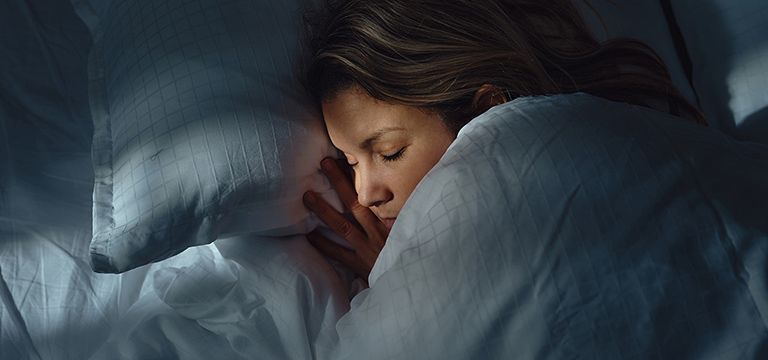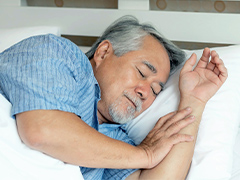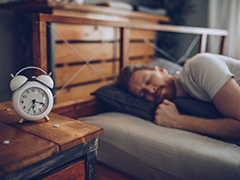How Daylight Saving Can Impact Your Health

You know the feeling when the clocks get turned back. You wake up feeling groggy and confused for a moment until you remember the time change. You may also feel shocked that a minor, one-hour difference in time can have such an effect on you. And that it’ll take you days to get adjusted.
It’s true, daylight saving impacts your health. But you don’t need to dread it every year. With a little prep, you can get your body and mind ready for the change and never miss a beat.
The history of daylight saving
Before we discuss how to tackle daylight saving, it’s important to first understand why we have it in the first place.
The concept has been discussed for hundreds of years. The original thought was that by changing the clocks to allow for more sunlight during the day, farmers could get more work done.
In the U.S., it was first implemented during World War I to conserve fuel, but rules varied between towns and cities. As you can imagine, it became difficult to follow which communities were using daylight saving. So, it was federally enacted in 1966.
How it affects your sleep
The human body has a powerful internal clock, called your circadian rhythm. It’s why you tend to wake up and fall asleep at the same time every day. Likewise, it’s why you feel jetlagged when you travel across many time zones.
The physical and mental effects of daylight saving aren’t too different from jet lag. With just an hour change, your body's internal clock isn’t aligned with the time of day. In turn, this can cause you to feel sluggish and foggy-headed. You may also have difficulty falling asleep, getting up or staying asleep.
Studies suggest that after a time change, there’s even an increase in heart attacks, car accidents and injuries at work. However, research is still being done to understand the effects of daylight saving.
What you can do
A good night’s sleep goes a long way. But, according to the CDC, roughly 35% of Americans report sleeping less than seven hours a night, on average.
The best thing to do is follow a strict schedule to ensure good sleep health. Set your alarm to wake you up at the same time every day. And try your best to avoid hitting the snooze button—that’ll only make it worse. It's a good idea to avoid naps too.
Pay extra attention to your sleep hygiene. Where you’re sleeping can be just as important as how many hours you’re getting a night. For example, is your bedroom the right temperature? Is it dark? Is there a lot of ambient light? Having a dark, cool room will help you reset your body’s internal clock and get a good night’s sleep.
If you’re having trouble sleeping long after a time change, you may want to reach out to a healthcare provider to see if there’s an underlying cause. With telehealth services from Teladoc® Health, you can easily connect to a provider from wherever you’re most comfortable. You can get care for non-emergency medical issues, dermatology, mental health and nutritional counseling.
https://www.healthline.com/health-news/why-you-feel-out-of-sorts-after-daylight-saving-time


